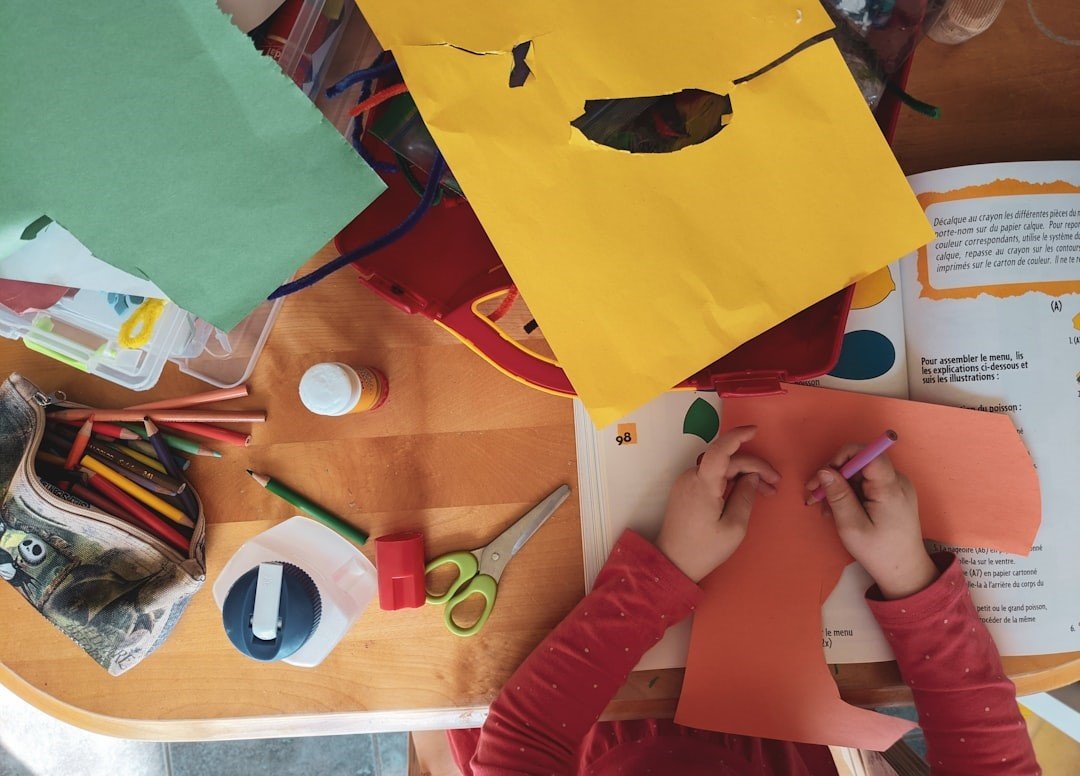4 Super Easy Tips on Helping Your Kids Build New Habits Without Losing Your Mind
Alright, parents, we all want our kids to develop positive habits. And the good news is that it’s not as hard as teaching a cat to play fetch. Habits are like magic spells: they have four key ingredients – a cue (something that triggers the action), a craving (the desire to make it happen), a response (the action itself), and a reward (the sweet satisfaction of accomplishment).
Once you crack the code on how habits work, you can help your child develop good ones – like doing homework or brushing their teeth without being asked five times.
First Daily Tip: Make Cues Hard to Miss
Imagine your child wants to become a piano prodigy but can’t quite commit to practicing daily. You bought the piano, they’ve had a few lessons, but every time they say they’ll practice, they get distracted by the 1000 other things in the room – like their beloved tablet or the Lego castle that still needs defending.
Here’s where the magic happens. Make the cue for practicing as obvious as a clown at a business meeting. Instead of having the piano tucked away in the dining room or under a pile of laundry, put it right in the middle of the living room or even put it inside your child’s room. Make sure it’s the first thing they see when they wake up or walk past. This way, every time they see the piano, the cue is clear: “Hey, it’s practice time!”
Second Daily Tip: The Power of a Clear Plan
Just moving things around isn’t enough, though. Your child needs to go beyond vague promises like, “I’ll practice the piano this week” or “I’ll eat less ice cream or sweets.” (Yeah, right. Tell that to the leftover candy jar!)
Your child needs specifics. What he needs are implementation intentions – a fancy term for making a concrete plan.
Here’s how your child do it: Instead of saying, “I’ll practice piano this week,” ask him trying this: “On Tuesday, Thursday, and Saturday, right after breakfast, Ito’ll practice piano to try 20 minutes.” And remember, that piano should be the star of the living room or his room, so there’s no escaping it!
Third Daily Tip: Use Fun Rewards
And don’t forget to reward your child after he completes the habit. Think of it like giving a puppy a treat after they learn a trick. Rewards could be as simple as letting him pick a fun game to play or having an extra bedtime story. These little incentives will make the new habit feel like less of a chore and more like a mini-celebration.
But Does This Really Work?
Now, I know what you’re thinking. This all sounds fantastic in theory, but can we really trick our kids into good habits by rearranging the furniture? Is this just some parental Jedi mind trick?
Well, let’s take a look at what happened in a real-life example. Dr. Anne Thorndike, who might just be our hero, wanted to help people make healthier choices in a hospital cafeteria. But she didn’t want to lecture anyone about making good choices (sound familiar, parents?). Instead, she did a little redecorating. She moved the sodas out of the way and made bottled water front and center – everywhere you turned, there it was, practically waving at you like a long-lost friend.
And what do you think happened? People started buying more water and less soda, just like that. Water sales shot up by 25%, and soda sales took a nosedive. Boom! Healthy habits without even thinking about it.
Fourth Daily Tip: Rearrange for Success
You can apply the same principles at home. If you want your kids to eat more fruit, put a bowl of apples on the kitchen counter where they’ll see it every time they walk by. Want them to read more? Leave books all around the house – make them as tempting as the remote control.
By making small changes to your environment and setting clear plans and rewards, you can help your kids develop positive habits. And who knows? You might even pick up a few good habits yourself along the way!













LEAVE A COMMENT